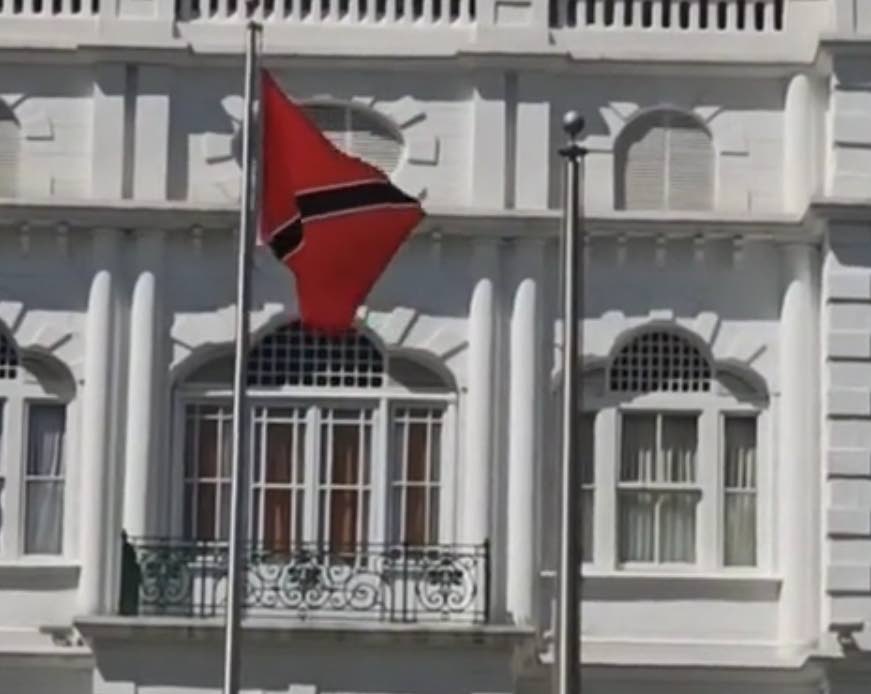Free to fly

THERE is a lot to reflect on as the country today marks its 61st Independence Day. Not the least of it is the progress made when it comes to certain markers of our nationhood, such as the management of our basic infrastructure.
Unfortunately, there are a lot of question marks, with serious issues arising in recent times in relation to our sea- and airbridge.
To put it simply: without an effective inter-island connection, there is no Trinidad and Tobago.
The dramatic disruption of the airbridge this month, which then heaped pressure on the ferry service, demonstrated just how vulnerable our transport system is.
That vulnerability was underlined, too, by a fire this month on the MV Cabo Star, which left passengers stranded at sea for almost 17 hours.
If these incidents occurred at any other moment, they would have been bad enough. That they occurred at a peak season for inter-island travel meant they were particularly inconvenient and inauspicious.
The time also could not be worse for the State, which has this year hiked airbridge fees by 33 per cent, eliminated free travel for senior citizens and raised ferry fees by 50 per cent, so that the highest ferry ticket is not that different from what it used to cost to take a Tobago flight on Caribbean Airlines Ltd (CAL).
Even with these increased fares, the fuel subsidy for the sea- and airbridge is still an estimated $220 million. So citizens are paying more and paying twice.
Having already spent billions in capital expenditure in years past in relation to vessels and facilities for both linkages, and pumping billions more in financing to keep CAL afloat, it is as good a time as any to ask if we are getting value for money.
CAL’s operations are increasingly under strain, even without factoring in the effect of dozens of pilots calling in sick. Some members of the public support the pilots in their quest for more compensation, but do they also support the idea of the overall subsidy being granted to CAL benefiting routes outside our borders? Regional leaders, such as Grenada Prime Minister Dickon Mitchell, have called for stronger travel links within Caricom.
It is worth questioning whether, five decades after the formation of that bloc and six decades after we took charge of our own political destiny, CAL is the appropriate vehicle to fulfil regional travel needs.
The cost of the sick-pilots fiasco was $15 million, according to initial estimates given by airline officials this week. However, the long-term damage to the airline’s goodwill is another matter entirely. And the cost to the economies of both Trinidad and Tobago may never really be quantified.
Meanwhile, THA Chief Secretary Farley Augustine this week rhetorically asked whether the solution to our travel woes lies outside CAL and the Government.
Yet the reality is the absence of CAL, too, would have tremendous costs, since we would cede all control to global market forces not beholden to our sense of national identity.
That’s the opposite of independence.


Comments
"Free to fly"